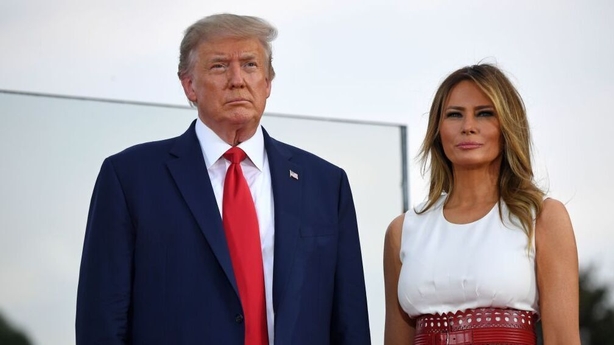US job growth slowed more than expected in September as the recovery from the Covid-19 slump shifts into lower gear amid diminishing government money and a relentless pandemic.
This leaves many Americans at the risk of being permanently unemployed.
In the last monthly employment report before the November 3 presidential election, the Labor Department said non-farm payrolls increased by 661,000 jobs last month after advancing 1.489 million in August.
Economists polled by Reuters had forecast that 850,000 jobs would have been created in September.
Employment growth peaked in June when payrolls jumped by a record 4.781 million jobs.
The unemployment rate fell to 7.9% in September from 8.4% in August. While the jobless rate has declined from a high of 14.7% in April, it has been biased down by people misclassifying themselves as being "employed but absent from work."
Today's numbers are sure to become a political football in the race for the White House for which the economic blow from the pandemic has been a top issue.
For his part, Republican President Donald Trump is likely to tout the fifth month of job gains in a row and lower unemployment as a sign of progress for an economy that plunged into recession in February.
But September's employment gains were the smallest since the jobs recovery started in May.
They left the labour market a long way from recouping the 22.2 million jobs lost in March and April, indicating slower growth heading into the fourth quarter.
Former Vice President Joe Biden, the Democratic Party nominee, blames the economic turmoil on the White House's handling of the pandemic, which has killed more than 200,000 people and infected over 7 million in the nation.
Trump said today that he and his wife Melania had tested positive for Covid-19.

New coronavirus cases are rising, with a surge expected in the autumn, which could lead to some restrictions being imposed on businesses in the services sector.
Political uncertainty is increasing and could extend beyond the election, and make businesses cautious about hiring.
Several months after operations resumed, demand has remained poor, especially in the services sector, leading some businesses to permanently shut down or layoff more workers.
Walt Disney said this week it would layoff roughly 28,000 employees in its theme parks division.
American Airlines and United Airlines, two of the largest US carriers, said they were beginning furloughs of more than 32,000 workers yesterday, without government assistance.

